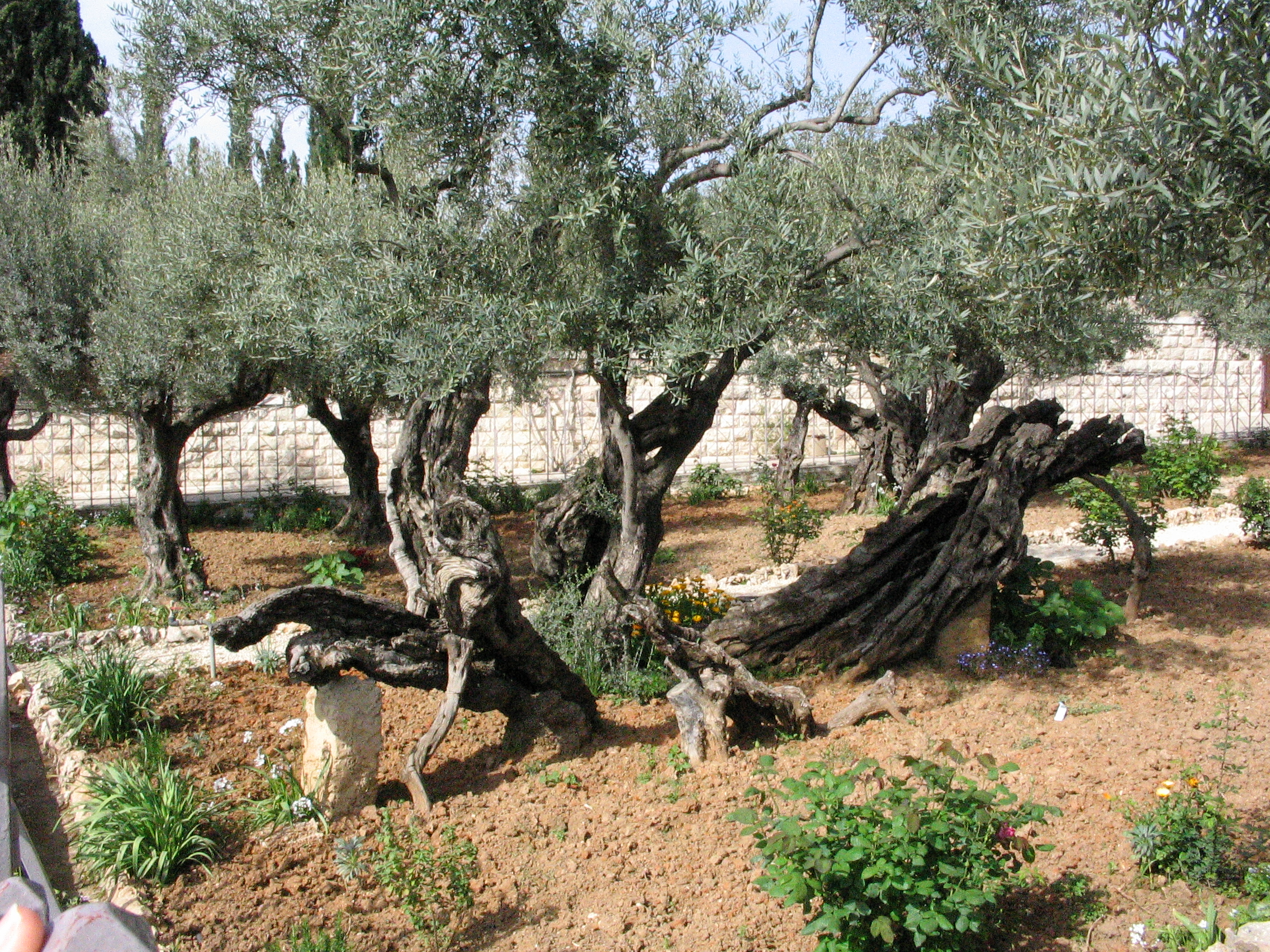Purpose and goals of the LOY Commentary.
The Life of Yeshua: A Suggested Reconstruction

The Life of Yeshua: A Suggested Reconstruction attempts to follow the stages of Gospel transmission backward to the earliest form of the stories about Jesus that originated in the conjectured Hebrew Life of Yeshua.
Cataloging the Gospels’ Hebraisms: Part Six (Parallelism)

In this article, we will discuss the second type of parallelism: Antithetical Parallelism.
Cataloging the Gospels’ Hebraisms: Part Five (Parallelism)

Parallelism is a central feature of Hebrew poetry. It permeates the words of biblical poet and prophet. The frequency with which parallelism occurs in the utterances of Jesus is surprising, and leads inevitably to the conclusion that the Greek source (or, sources) used by the authors of Matthew, Mark and Luke derive(s) from a Greek translation (or, translations) of Hebrew documents.
Cataloging the Gospels’ Hebraisms: Part Four (Parallelism)

Doubling, or repeating, is a characteristic feature of Hebrew. Hebrew loves to say things twice (or more!) by adding equivalents. Words, phrases, sentences, and even stories, are doubled (or tripled).
Cataloging the Gospels’ Hebraisms: Part Three (Impersonal “They”)

Awareness of even the simplest Hebrew grammatical structure can bring to life a vague, or difficult-to-understand, saying of Jesus. Since potential Hebrew idioms are so dense in the Greek texts of Matthew, Mark and Luke, one has to ask, Could these apparent Hebrew idioms be evidence that the synoptic Gospels are descendants of an ancient translation of a Hebrew “Life of Jesus,” the gospel that the church father Papias spoke of when he wrote: “Matthew…arranged the sayings [of Jesus] in the Hebrew language”?
Cataloging the Gospels’ Hebraisms: Part Two (Luke 9:51-56)

Relatively few of the suggested Semitisms underlying the Greek New Testament constitute clear-cut proof for a Hebrew undertext, but a high density of Hebraisms in a given passage increases the probability that it is “translation Greek.”
The “Hypocrisy” of the Pharisees

Without reading the Scriptures carefully, and without a familiarity with Second Temple-period extra-biblical sources, a simple reader of the New Testament might assume that a majority of the Pharisees were hypocrites and that the Pharisees as a movement were indeed a “brood of vipers.” As a result of this common Christian assumption, the word “Pharisee” has become a synonym for “hypocrite” in the English language.
Evidence of an Editor’s Hand in Two Instances of Mark’s Account of Jesus’ Last Week?
It has been noted that in instances where Mark’s editorial hand restructured his story, Luke has preserved a more primitive form of the account, a form that is independent of Mark’s influence. Gospel scholars need to properly evaluate Mark’s editorial style and acknowledge that frequently a theological agenda influenced his rewriting.
Jesus and the Enigmatic “Green Tree”

Jesus made bold messianic claims when he spoke. To thoroughly understand these claims, however, we must get into a time machine and travel back in time to a completely different culture, the Jewish culture of first-century Israel. We must acculturate ourselves to the way teachers and disciples in the time of Jesus communicated through allusions to Scripture.
Why Learn to Speak a Dead Language?
Why would anyone in his or her right mind want to speak a “dead” language, a language that no one speaks? The answer: Because only by speaking a language does one internalize it, and it was high time, Randall and I felt, having tasted fluency in Hebrew, that we should gain an active knowledge of Koine Greek.
What’s Happening to the Holy Tongue?
English speakers who live in Israel are reminded regularly of the inroads English is making in Hebrew.
My Knowledge of Greek: An Embarrassment for Too Long!
Until recently, I, a New Testament scholar, was often embarrassed by my level of Greek fluency, even after 35 years of studying this ancient biblical language using the traditional grammatical approach. A lack of true fluency in Greek, active knowledge of the language as opposed to passive, is a scourge. Finding myself in this situation, my disappointment was real, but it was kept hidden from my students.
Mark 7:19: Did Jesus Make “Unclean” Food “Clean”?

One should not be too quick to throw out large portions of the Torah because of a four-word parenthetical comment by Mark at the end of a long halachic discussion.
Hebrew as a Spoken Language in First-century Israel

Hebrew was a living language in first-century Israel, part of a multilingual environment (Hebrew, Aramaic and Greek).
Views That Have Vanished: The Photographs of David Bivin

Todd Bolen (founder of BiblePlaces.com) has created a digital collection from the best of my photographs.
The Amidah Prayer

The Amidah is the essential part of the morning, afternoon and evening weekday services in the synagogue. Every Jew is religiously obligated to pray the Eighteen Benedictions daily.
Remembering Robert L. Lindsey
The late Robert L. Lindsey, the late Professor David Flusser, and their colleague, the late Professor Shmuel Safrai collaborated to birth a new school of synoptic research. In 1985 the “Jerusalem School” became a legal entity (an Amutah) in Israel, and has now joined the Oxford School, the Tübingen School, and others, as a center of synoptic research.
